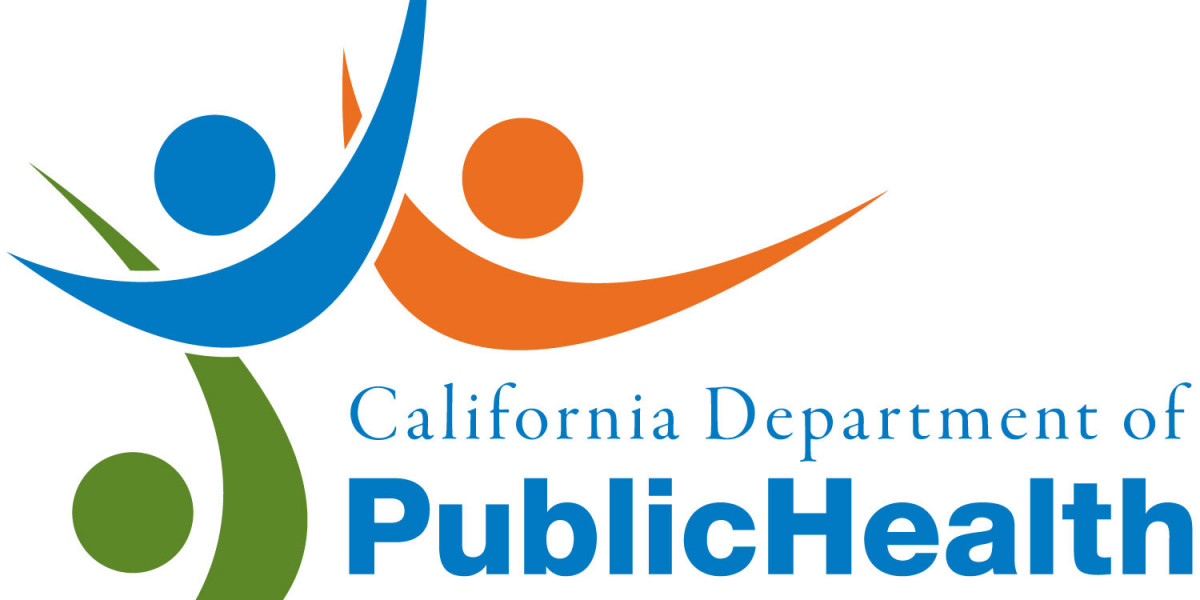Introduction
Navigating the regulatory landscape for over-the-counter (OTC) products, especially concerning FDA regulations and California Department of Public Health guidelines, can be complex. Exporting such consumer products further adds layers of compliance requirements. This comprehensive guide explores the essential aspects of OTC FDA Regulatory compliance, California state regulations, and the intricacies of obtaining export certificates for consumer products.
Understanding OTC FDA Regulatory Compliance
FDA Regulations for OTC Products
Ensuring compliance with the FDA regulations is paramount for manufacturers and distributors of OTC products. These regulations cover various aspects, including:
- Labeling Requirements: OTC products must have clear and accurate labeling, including active ingredients, usage instructions, and warnings.
- Good Manufacturing Practices (GMP): Manufacturers must adhere to GMP standards to ensure the quality and safety of OTC products.
- New Drug Application (NDA): Some OTC products require an NDA to be marketed legally.
Quality Control and Testing
Quality control is crucial in OTC product manufacturing to maintain consistency and safety. This involves rigorous testing for:
- Potency: Ensuring that OTC products contain the specified amount of active ingredients.
- Purity: Verifying that OTC products are free from contaminants.
- Stability: Assessing the shelf-life and stability of OTC products under various conditions.
Safety and Adverse Event Reporting
Manufacturers and distributors must promptly report any adverse events related to OTC products to the FDA. This includes:
- Monitoring Adverse Events: Implementing systems to monitor and record adverse events associated with OTC products.
- Reporting Requirements: Timely reporting of adverse events to the FDA as per regulatory guidelines.
CA Department of Public Health Regulations
State-specific Requirements
California has additional regulations for OTC products, including:
- Proposition 65: Compliance with Proposition 65, which requires warning labels for products containing chemicals known to cause cancer, birth defects, or reproductive harm.
- State Licensing: Obtaining the necessary state licenses for manufacturing and distributing OTC products in California.
Environmental Regulations
CA Department of Public Health regulations may impact the manufacturing and disposal of OTC products, necessitating compliance with:
- Waste Disposal: Proper disposal of manufacturing waste and expired OTC products in compliance with environmental regulations.
- Product Packaging: Using eco-friendly packaging materials to reduce environmental impact.
Export Certificates for OTC Products
Understanding Export Requirements
Exporting OTC products requires compliance with export regulations and obtaining the necessary export certificates, including:
- Certificate of Free Sale: Providing evidence that OTC products are legally sold in the exporting country.
- Certificate of Origin: Documenting the origin of OTC products, which may be required by the importing country.
- Certificate of Analysis: Demonstrating the quality and safety of OTC products through laboratory analysis reports.
Navigating International Regulations
Exporting OTC products involves understanding and complying with the regulations of the importing country, including:
- Customs Documentation: Completing customs forms accurately and providing necessary documentation for smooth export procedures.
- Product Registration: Meeting registration requirements of the importing country, which may vary from the FDA regulations.
FAQs (Frequently Asked Questions)
- How can I ensure FDA compliance for my OTC products?
- To ensure FDA compliance, thoroughly understand and adhere to FDA regulations for labeling, manufacturing practices, and reporting adverse events.
- What are Proposition 65 warning requirements?
- Proposition 65 mandates warning labels for products containing chemicals known to cause harm, ensuring consumer safety.
- Do I need export certificates for shipping OTC products internationally?
- Yes, export certificates such as Certificates of Free Sale and Certificates of Origin are often required for exporting OTC products.
- How do I obtain a Certificate of Free Sale?
- Contact the FDA or your local regulatory authority to apply for a Certificate of Free Sale, providing necessary documentation.
- What should I do if I encounter adverse events with my OTC products?
- Promptly report adverse events to the FDA, following regulatory guidelines for monitoring and reporting.
- Are there any exemptions from FDA regulations for OTC products?
- Some OTC products may be exempt from certain regulations based on their ingredients or intended use, but compliance is generally required.
Conclusion
Navigating the regulatory landscape for OTC products, including FDA regulations, California state requirements, and export certifications, is essential for ensuring compliance and consumer safety. By understanding and adhering to these regulations, manufacturers and distributors can confidently market OTC products while meeting legal and quality standards.







